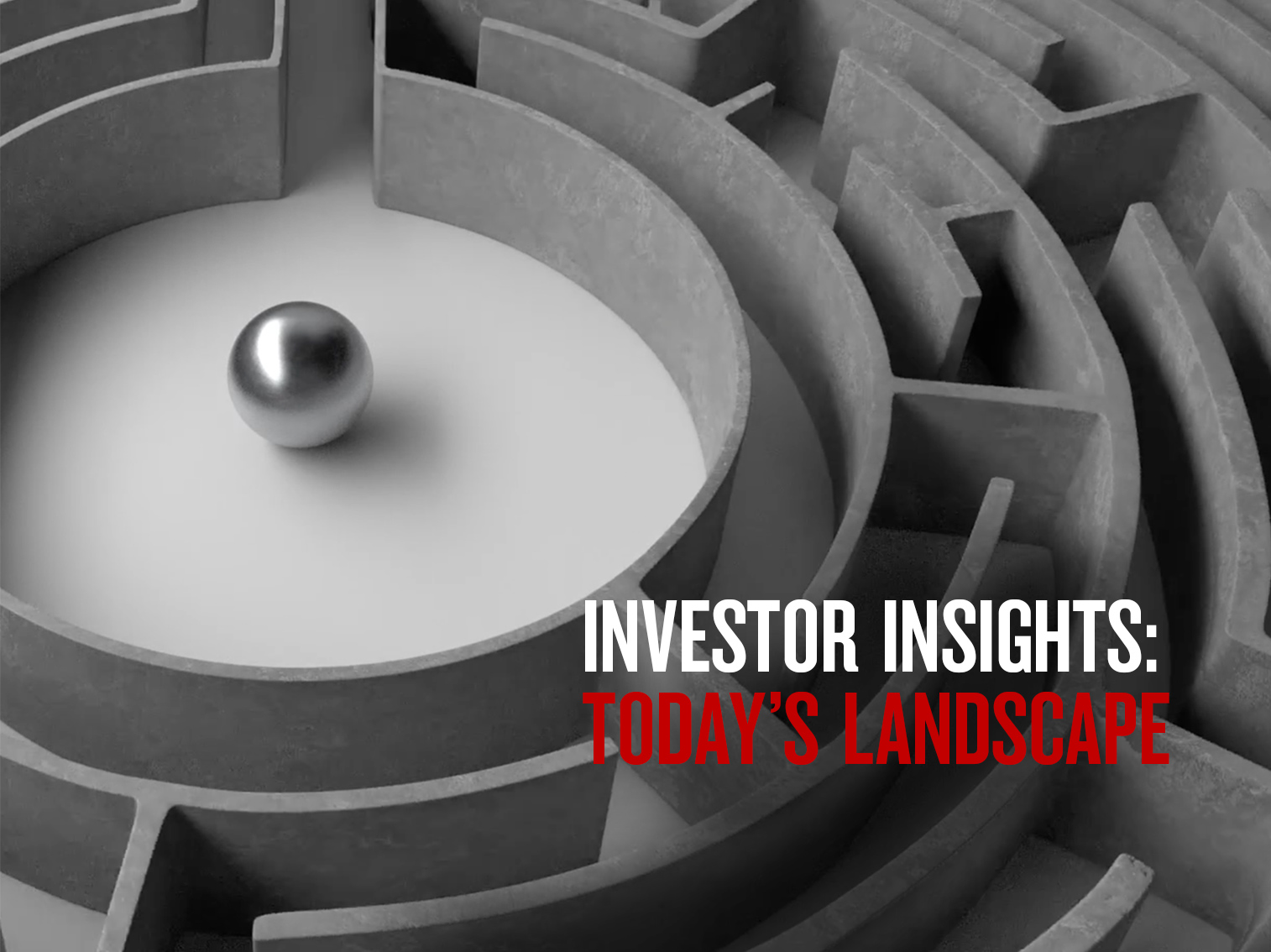We've captured the standout insights from the event series in an investor-ready eBook.


Report
Australia’s high net worth investors face continued uncertainty – locally and globally. So what’s the smart next step? NAB Private and JBWere CEO Justin Greiner reveals his thoughts on how best to navigate 2021.

Risk and uncertainty are always present and 2021 will be no different. We can also assume that COVID-19 will be with us for another year – even if it’s on the decline. Unfortunately, this means that certain sectors will continue to struggle, such as tourism and international education.
But there are significant differences between this year and last. The economy is rebounding and markets are focused on the path for growth in 2021 and beyond. This will help support traditionally riskier assets such as equities and property, especially given policy makers’ commitment to policy settings that assist this. Then there’s the fact that vaccinations against COVID-19 have started. While this will be a lengthy process, we’ve already seen reasonable progress in systemically important economies like the US, UK and China, which is a positive for markets.
In the meantime, suggesting that the negative economic impact of lockdowns on economies worldwide isn’t as great as was the case in 2020. This implies that we are getting better at managing these disruptions.
Key themes for domestic investors will depend on economic recovery and how quickly policy makers can get unemployment down to a rate consistent with full employment.
Nevertheless, in a world of extremely low interest rates, we can be confident the search for yield will continue to be a dominant theme. Investors will have to accept that returns across all asset classes are now structurally lower and make strategic asset allocation a priority. This may mean moving from cash/fixed income to growth assets or taking a closer look at the opportunities in alternatives. On a related point, we suspect that valuations in equity markets will continue to be of interest, given they look elevated when compared to the historical norm.
The growing influence of retail traders on stock markets worldwide and the associated spikes in volatility are also likely to remain a theme for the remainder of this year. However, closer to home, the resurgence in domestic property prices may be of greater interest.
There are always global factors at play, so this is really business as usual for local investors. The significance of a new US president is less about the individual and more about the fact that the Democrats have control of the House and Senate. This potentially opens the door to several years of loose fiscal and monetary policy, something which is new for markets but very positive for growth assets and those that are higher risk.
China trade tensions are likely to continue, although our analysis suggests that the damage from a macro-economic perspective should be relatively limited – assuming China’s demand for iron ore, continues.
That said, investors should continue to monitor their exposure to China. We expect this issue won’t be resolved any time soon and an increase in trade tensions could see stocks that are overly reliant on Chinese demand fall in value.
We’re certainly optimistic and continue to favour a ‘pro-risk’ strategy in our portfolios for the most part. (Of course, it’s still important to be prepared for the inevitable short-term market corrections that can occur annually, if not more often.)
A range of factors – including supportive economic fundamentals, policy makers being committed to a very accommodative policy, and the global economy being primed for its strongest year of growth yet since the aftermath of the financial crisis – makes it a constructive environment for growth assets. We particularly like the additional yield in real assets (think: infrastructure, property) and believe there are some good opportunities here. In equity markets, we continue to focus on high-quality stocks, but have started to add some value plays.
We also believe commodities will continue to perform well, given the global growth outlook, and that this sector looks under-priced relative to other growth assets.
The best investment advice we can give people isn’t about what stock to buy; it’s not even what asset class to be in. It’s about getting the right investment framework and governance in place to make decisions and build wealth for the long term.
At NAB Private and JBWere we want to give clients the confidence to do what matters – whether they want to make all their own decisions, need a little help, or are fully advised. There may be asset classes where you have sufficient knowledge and are simply looking for investment opportunities. On the other hand, there could be parts of your balance sheet where you’re looking for personal advice – someone to bounce ideas off and get their perspective. This could be particularly the case in areas such as alternative investments, global investment opportunities, philanthropy or even family governance.
This latter is increasingly important to clients who are faced with succession issues and the transfer of wealth. It’s one of the most important issues for families just now as, typically, first-generation members look to ensure the family’s values are incorporated into their decision-making processes in perpetuity.
At the end of the day, NAB Private and JBWere understand the importance of quality relationships. That’s why we’ve invested heavily in our people – together with our resources and tools – so that we can truly understand and be there for our clients.
© National Australia Bank Limited. ABN 12 004 044 937 AFSL and Australian Credit Licence 230686.